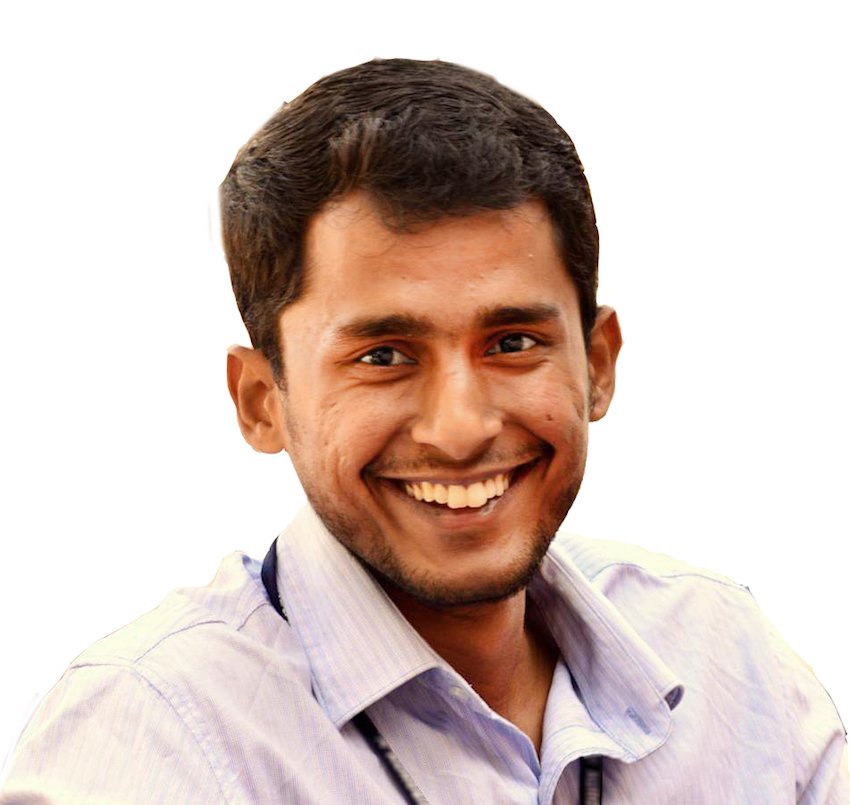There is 62% rise in pulmonologist appointments'
10 February 2017 | News | By BioSpectrum Bureau
There is 62% rise in pulmonologist appointments'
Practo recently released the second edition of its Annual Healthcare Map of India. This report highlights some of the key consumer health concerns. The report is based on those health care appointments that were booked across 35 cities with focus on top 7 cities including Delhi & NCR, Bangalore, Mumbai, Kolkata, Pune, Chennai and Hyderabad across 200+ medical specialties.
Practo's Healthcare map of India, found that there is 62% rise in pulmonologist appointments, 40% rise in Diabetologist appointments, 25% rise in gastroenterologist appointments and 25% rise in spine specialist appointments. It also says that concerns over chronic non-communicable diseases (NCDs) is the major reason for urban India to visit doctors; (book appointments). Rapid urbanization and a fast-paced socio-economic development is contributing to the rising incidence of cardiovascular diseases, chronic respiratory diseases (such as chronic obstructed pulmonary disease and asthma), diabetes, hypertension etc. Additionally, poor dietary habits, physical inactivity, smoking and stress are some of the major contributors to the development and progression of preventable chronic diseases.
Shashank ND, Founder & CEO, Practo said, "Our mission is to help people live healthier, longer lives and that begins with access to better data. This is the most comprehensive healthcare report for India. We release this annually to highlight the disease trends facing India. We hope these findings better equip our healthcare providers to understand disease patterns and address them effectively"
Dr. Mahesh PA, Professor, Pulmonary Medicine, JSS University, Mysore said, "The air quality in many cities is poor due to pollution. Many people have been seeking medical help for various related problems like breathing difficulties, chest pain etc. It is probably due to harmful toxins in the atmosphere resulting in acute respiratory infection (ARI), chronic obstructive pulmonary disease (COPD) & interstitial lung diseases (ILD) etc. are emerging as major health problems. Respiratory diseases are no longer restricted to the elderly but are now being detected in younger age groups as well. It is advised for patients suffering from COPD to quit smoking, stay active, practice breathing exercises, eat nutritious food, and working with your doctor for pulmonary rehabilitation, along with taking regular guideline based medications"
Dr. Ramesh Sheshadri, Sr. Consultant Cardiac Surgeon, Narayana Hrudayala, Bangalore said, "Cardiovascular diseases (CVD) top the list of Non-communicable Diseases (NCDs) which now account for 62% of deaths in India. In the last decade CVDs have grown at the rate of 16%. Unhealthy lifestyle with high stress levels complimented by poor diet and eating habits, sedentary lifestyle, lack of exposure to sun light have induced metabolic disorders. There are about 60 million diabetics in India and twice the number with hypertension. What is alarming is that an increasing number of patients coming in for check-ups are so young. Smoking triples the risk of CVDs. Patients need to go for regular heart health check- ups; ultimately managing this requires changing one's stress levels and lifestyle with diet and exercise. Yogasana and Pranayama have helped many CVD patients to lead a quality life"
Dr. Vasudeva Pai H, Senior Gastrointestinal, liver, pancreas and advanced laparoscopic surgeon, Columbia Asia Hospitals Pvt. Ltd. said "Many patients have been coming to me regarding stomach infection, indigestion, abdominal pain etc. There is rise in chronic gastritis which can be caused due to various factors like spicy food, medicines, tobacco, alcohol, chronic stress etc. A good diet including vitamins, minerals, fibers, and antioxidants along with avoiding high-fat & high-salt foods, quitting smoking and alcohol is necessary to get it under control. Avoid ignoring symptoms like blood in stool, difficulty in swallowing, loss of appetite, recent onset of dyspepsia (attributed as "gas","gastric", indigestion, etc.) These are ominous symptoms which may indicate a cancer disease. Do not do self-diagnose. It can be risky"












